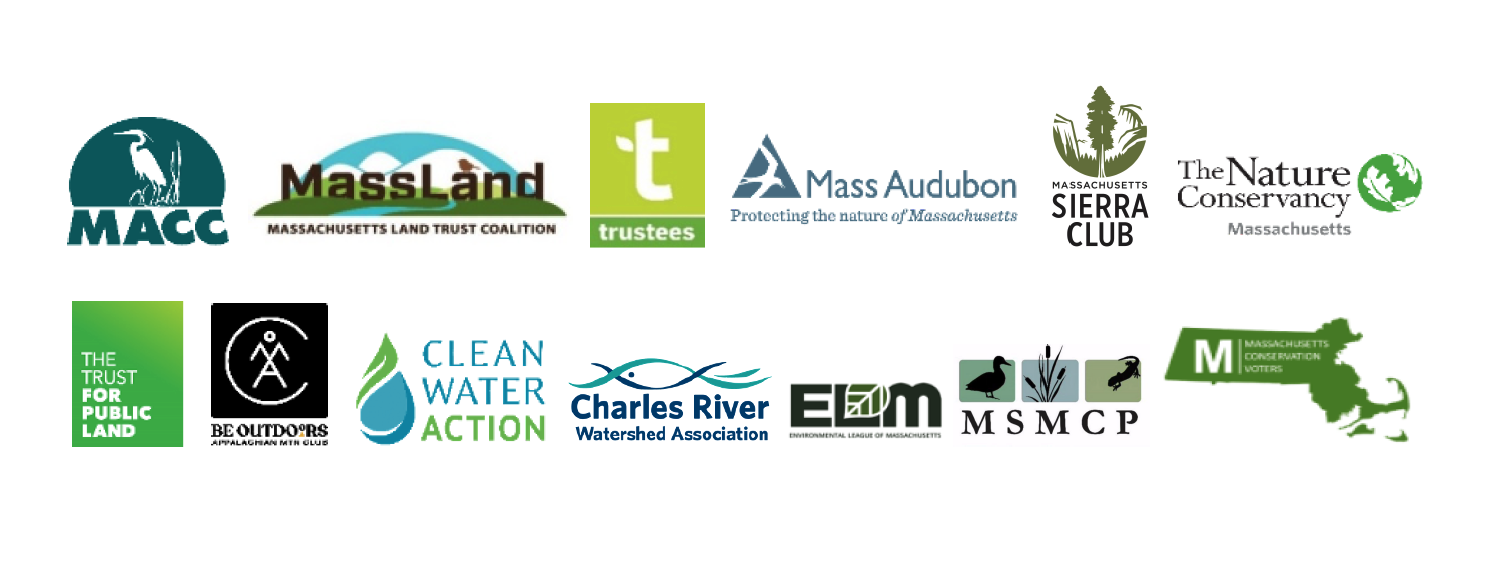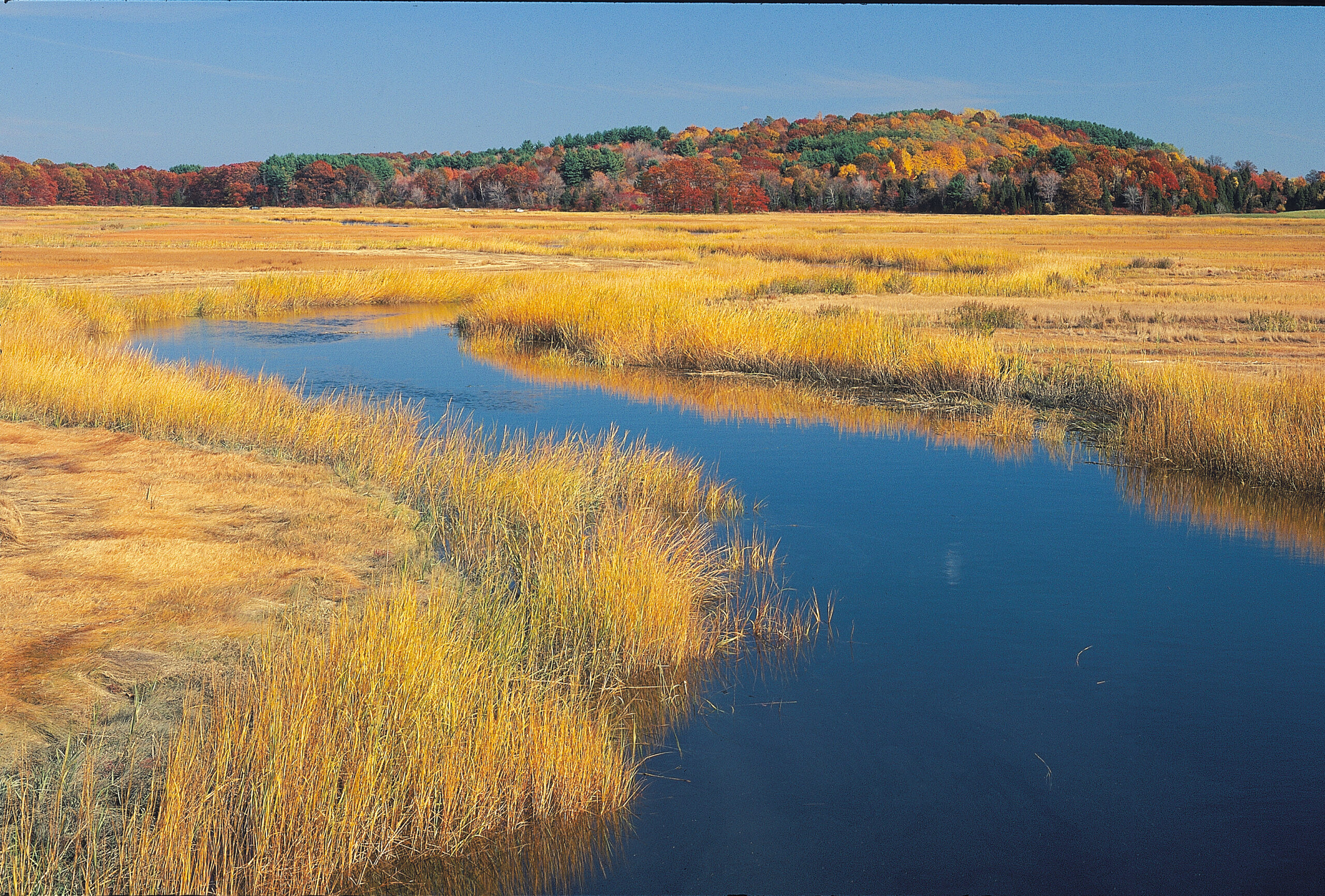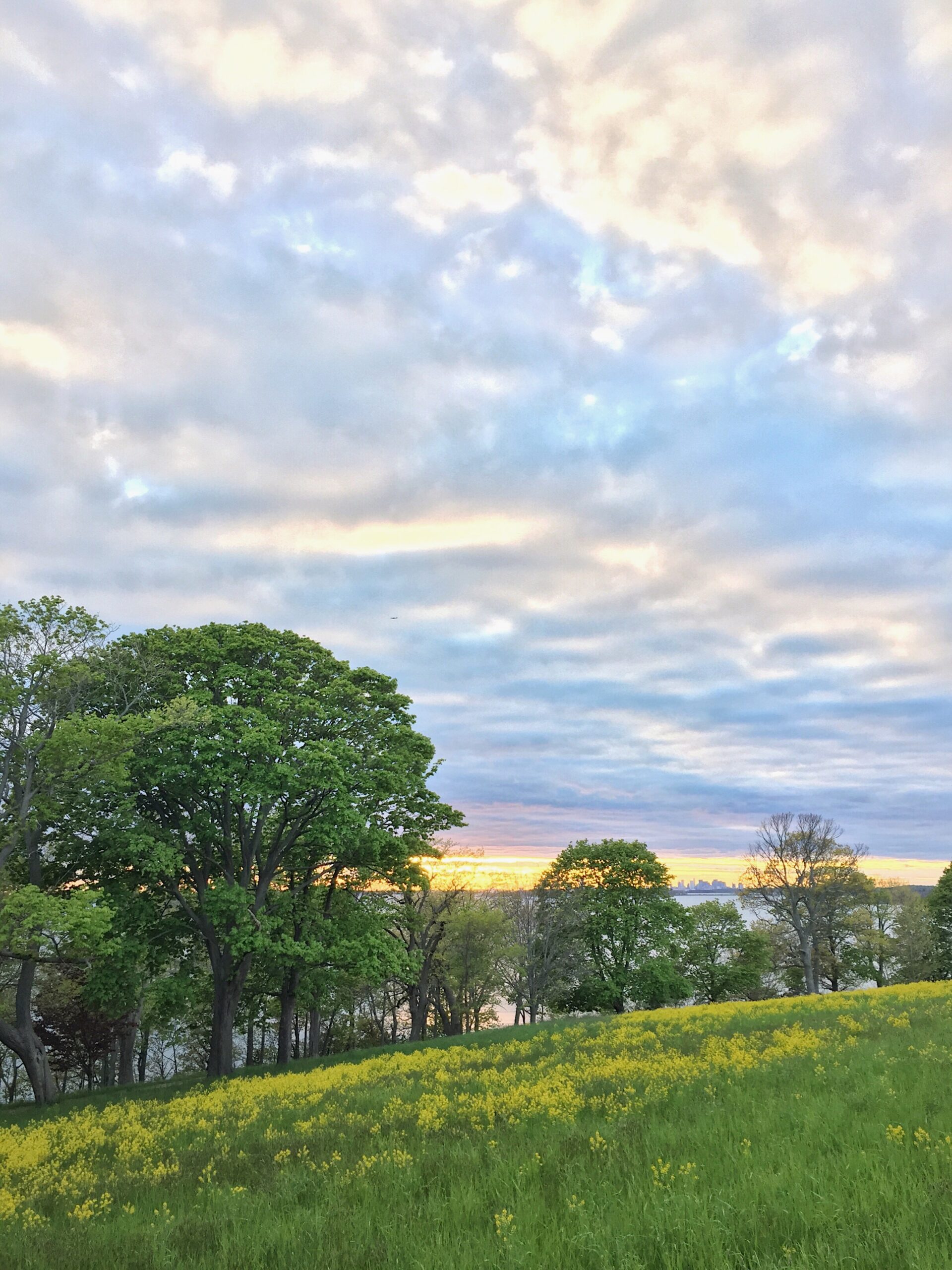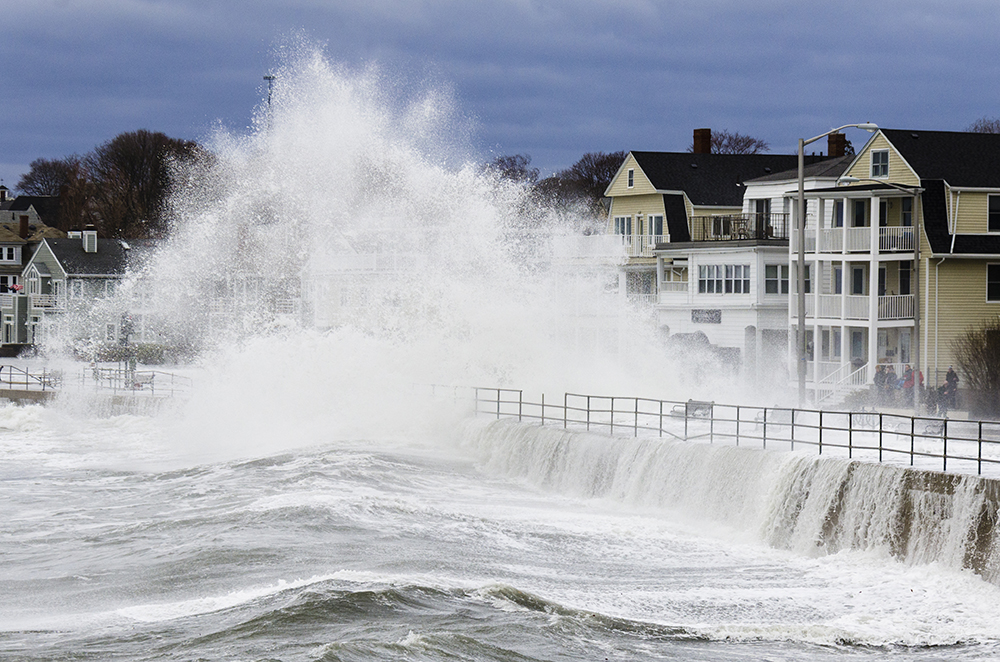November 10, 2022
Today the Massachusetts Legislature voted to adopt An Act preserving open space in the Commonwealth (H.5381), also known as the Public Lands Preservation Act (PLPA), and sent it to Governor Charlie Baker’s desk for his signature.
A group of 12 local, regional, and national land conservation and environmental organizations advocating on behalf of the PLPA applaud the bill’s passage and issue the following statement:
We deeply appreciate Senator Sal DiDomenico (D-Everett), Representative Ruth Balser (D-Newton), Senator Jamie Eldridge (D-Action), Representative James O’Day (D-West Boylston), and Representative Susan Gifford (R-Wareham) for their tireless efforts to enact the PLPA. We also thank Senate President Karen Spilka (D-Ashland), House Speaker Ronald Mariano (D-Quincy), the bill’s cosponsors, and the members of the House of Representatives and Senate for their leadership and commitment to advancing this critical legislation, ensuring that our public parks and open space endure.
This bill would provide clarity and transparency to ensure No Net Loss of conservation land by:
- Codifying into law an existing administrative process that requires replacement of public conservation land that is developed or converted to a different use.
- Providing transparency and accountability in the limited cases when cash payments are made in lieu of contemporaneously designating replacement land to be conserved.
Background
The PLPA was introduced over 20 years ago to strengthen and codify into law the Commonwealth’s longstanding No Net Loss administrative policy, which states that any public open space (Article 97 land) converted to a different use must be replaced with land of equivalent financial and natural resource value and defines a process for doing so. Legislative approval is required, and is commonplace. The final legislation defines certain limits on the ability to set aside cash payments in lieu of replacement conservation land and ensures increased transparency and accountability in instances where it is allowed.
By adopting Article 97 as an amendment to the Massachusetts Constitution in 1972, the people of the Commonwealth asserted their right to a clean and healthful environment and the protection of ever more valuable open spaces. Fifty years later, it is clearer than ever that natural areas are critical to the well-being and resilience of communities, especially Environmental Justice communities. Our public open spaces help us mitigate and adapt to a changing climate, improve the outdoor recreation economy, enhance public health, and protect wildlife habitat. By codifying and improving the state’s No Net Loss policy into law, this important legislation upholds the will of voters who adopted Article 97 by ensuring that public open space cannot be developed for other uses, unless alternative options have been fully evaluated and land of equivalent natural resource value is designated to replace it.
We urge Governor Baker to sign the bill into law and preserve our public lands!
For more information, please contact Robb Johnson at robb@massland.org or 617.807.0176.
Robb Johnson, Executive Director
Massachusetts Land Trust Coalition
Heidi Ricci, Director of Policy and Advocacy
Mass Audubon
Linda Orel, Senior Director of Government Relations
The Trustees of Reservations
Steve Long, Director of Policy and Partnerships
The Nature Conservancy in Massachusetts
Elizabeth Saunders, Massachusetts Director
Clean Water Action
Dorothy A. McGlincy, Executive Director
Massachusetts Association of Conservation Commissions
Doug Pizzi, Executive Director
Massachusetts Conservation Voters
Deb Pasternak, State Director
Sierra Club Massachusetts
Jennifer Ryan, Deputy Director of Advocacy
Charles River Watershed Association
Heather Clish, Sr. Director Conservation & Recreation Policy
Appalachian Mountain Club
Casey Bowers, AVP of Government Relations
Environmental League of Massachusetts
Shelby Semmes
Trust for Public Land
Michele Grzenda, President
MA Society of Municipal Conservation Professionals




